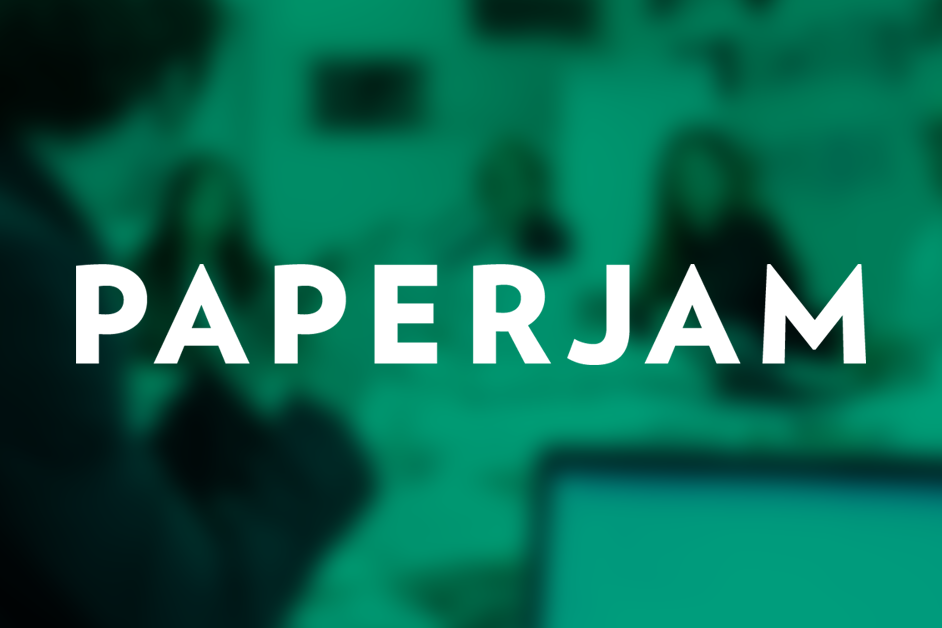Confirming its place as market leader, Bofferding S.A. announced "very satisfying" annual results for 2005 with an increase of 6.04% in EBITDA and 9.3% growth in sales turnover.
On March 7th 2006, the Bofferding National Brewery held its annual press conference led by Mr. Georges Lentz Jr., Administrateur-Délégué, confirming not only its place as leader but pronouncing its confidence in the future of the Luxembourgish brewing industry, "in spite of movements in the market".
Bofferding, which is practically considered a national treasure, employs 225 people, has 5,600 clients and is active on the market within the Grand Region, embracing the Grand Duchy, the French speaking area of Belgium and the Lorraine region of France. It produces 500,000 hl of beer annually and is the number one distributor of drinks in the Grand Duchy of Luxembourg.
Key Figures
Sales turnover showed an increase of more than 6.0% rising by 10,600,000 euros, and the EBITDA (Earnings Before Interest, Taxes, Depreciation, and Amortization) of 4,728,000 euros represents a leap of 9.30 %. Sales increased to 4,115 hl (2.7%) compared to 2004.
Sales in the Horeca sector (hotels, restaurants and cafes) followed the upward trend of last year and currently exceed 57% of total volume. During 2005, 133 new outlets joined the ranks of the café owners, hotels and restaurants who sell the brewery"s products. To date, Bofferding brewery counts more than 1,700 Horeca clients.
Worldwide Beer market
Although Bofferding is very much a local champion, it is (and can be further) affected by global trends in the beer industry. Brewing in general has been heavily influenced by globalisation, both in terms of monopolisation and consumption trends. There is an exceedingly high level of concentration amongst the top five "Big Groups", respectively Inbev, SAB-Miller, Anhauser Busch, Heineken and Carlsberg. "It is clear that the top five controls approx. 48 % of the world's beer industry," Lentz said. If the top two groups, Inbev and SAB-Miller merged, the combination would control over 20% of the global market share.
As global beer production becomes more concentrated the influences within the industry become a threat leading to a homogenisation of tastes. Small breweries increasingly have a diminishing significance as international corporations stake their claims.
Factors inherent in the globalisation of the world beer market include:
- (for local Luxembourgish breweries) - an increasing influence on local (and the all important transfrontalier (cross order) and tourist) consumers, which could have a negative impact on local sales
- the homogenisation of consumer trends (for example - the global rise in light beer production and consumption)
- the vertical integration of producers leading to a dominance of the presence, and thus preference, of global brands
Lentz noted that the global beer market is expanding with that awakening dragon, China, having "manifested itself as the most important beer market in the world." But while Asian sales are up, Western European consumption of beer has decreased for a variety of reasons; saturation of the market, health consciousness, and changes in lifestyle habits, as well as other factors.
The industry has been marked by mergers and consolidations in recent years. This allows the top few to grow stronger and put the small breweries out of business or absorb them. The top five can realise economies of scale, and push deeper into new markets (Asia, Russia, Latin America) further consolidating their dominance. As was indicated in Bofferding"s presentation, the closing of breweries is multiplying and with such closings have gone some small and unique breweries such as the historic Valdy Brewery in Copenhagen.
Bofferding and the Local Beer Market
Currently, between 30 to 40% of beer sold in Luxembourg is imported and the rest is locally produced. In 2006, Bofferding hopes to strengthen its position in the Grand Region, conquer new markets, further improve results, and confirm their position in the market with their two leading brands Bofferding (pils) and Battin.
Bofferding"s closest rival brewery in Luxembourg, MouselDiekirch, became a subsidiary of Inbev in 2001, which itself is a fusion of the Belgian Interbrew and the Brazilian AmBev. Recently it was reported that there is a possibility of Inbev job losses across Europe with InBev"s Brasserie de Luxembourg potentially dismissing an estimated 13 employees. As an employer, Bofferding prides itself on its stability and fidelity. "We are prudent, Lentz said. "We have kept our personnel for a long time. We are faithful. We invest in our people. Long term employees are preferable and important to us."
Bofferding currently remains independent and is extremely proud of the freshness of its beer. Mr. Lentz noted that in 2005 another change was that there now two dates on the beer: the date of fabrication and the "fresh until date", thus "better informing the consumer and guaranteeing a product of optimal freshness. Proprietors have confidence in using products of a local brewery. Bofferding wants to remain a producer that brews according to the laws of purity".
Lentz said that Bofferding is a brewery that is only interested in producing high quality beer and not other products. "We stay faithful to our recipe. We are a niche company," he continued. "We are the regional leaders and we function very well like that." Two points of differentiation that Lentz pointed out as being factors in Bofferding"s success are the privileged relationships they establish with their clients (inside and outside the Grand region), and an "infrastructure and brewery which is the most modern in Europe."
Mr. Lentz remarked that "there were many changes" in 2005. Two of the most significant were the inauguration of a new cooling system and the opening of a new "hall de soutirage" (extraction facility). Together, these two important improvements represent an investment of 13,000,0000 euros. "It was a good year. We are very optimistic," he said. "The new facility represents a large investment for a small company but it was a good decision if only for the simple reason that it allows us to continue into the future."
